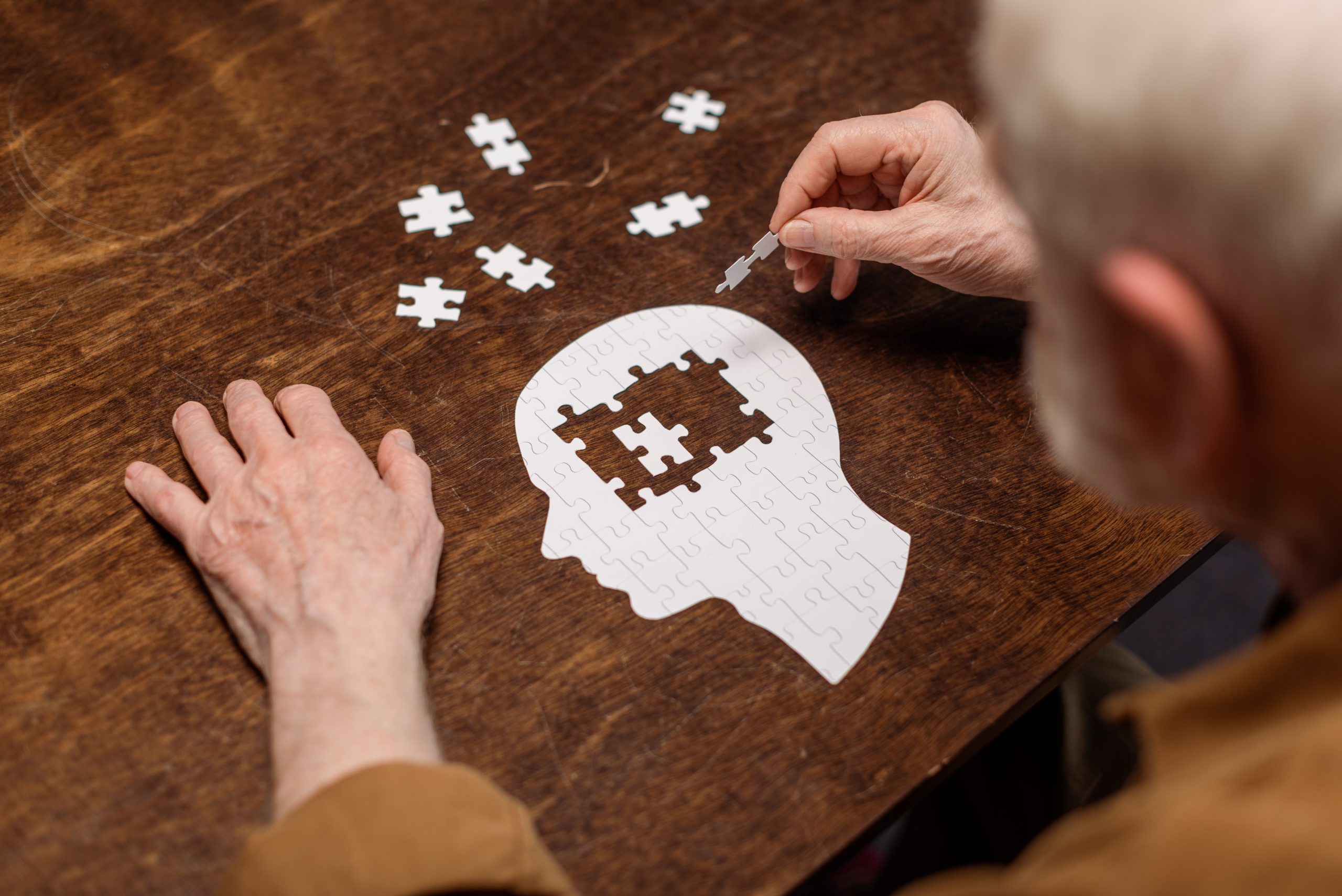Dementia and Alzheimer’s disease are surging not just because we’re living longer, but because three everyday habits—physical inactivity, poor diet, and social isolation—are quietly accelerating the aging of our brains.
Story Highlights
- Deaths from Alzheimer’s have more than doubled in the past 25 years, outpacing declines in other major diseases.
- Over 7 million Americans aged 65+ now live with Alzheimer’s, with cases projected to hit nearly 13 million by 2050.
- Physical inactivity, unhealthy eating, and social isolation emerge as the most potent, preventable risk factors for dementia.
- Economic and caregiving burdens are skyrocketing, disproportionately affecting women and minority communities.
America’s Alzheimer’s Crisis: The Numbers Tell the Story
From 2000 to 2025, deaths due to Alzheimer’s disease in the U.S. jumped 142%, while deaths from heart disease actually dropped. In 2025, more than 7 million Americans aged 65 and older are living with Alzheimer’s dementia—a record high. By 2030, every baby boomer will be in the highest-risk age group, and by 2050, experts project nearly 13 million cases. Unlike heart disease and cancer, for which lifestyle changes have driven major declines, dementia rates keep rising, demanding urgent attention from families, policymakers, and the healthcare system.
Economic costs spiral alongside the human toll. Alzheimer’s now exacts hundreds of billions of dollars each year in care costs, with families often footing the bill or providing unpaid care. Nearly two-thirds of patients are women, and racial disparities persist: Black and Hispanic Americans face significantly higher risks, compounding the impact for already vulnerable communities.
The Three Habits That Age Your Brain Most Rapidly
Cutting through the noise of genetics and longevity, recent research pinpoints three modifiable lifestyle habits as the biggest culprits for accelerated brain aging: physical inactivity, poor diet, and social isolation. Physical inactivity weakens brain blood flow, shrinks memory centers, and increases risk for both vascular and Alzheimer’s dementia. Diets high in processed foods, sugar, and saturated fats worsen inflammation and metabolic stress in the brain. Social isolation, now recognized as a top risk factor, increases cognitive decline rates and doubles dementia risk by disrupting emotional and intellectual stimulation.
These habits interact with chronic conditions like hypertension and diabetes, amplifying overall risk. While medical treatments can slow disease progression, only lifestyle changes show promise for large-scale prevention. The evidence is strongest for interventions that combine regular movement, a Mediterranean-style diet rich in vegetables, lean proteins, and healthy fats, and frequent social engagement.
Disparities, Burdens, and Where Prevention Falls Short
Women account for almost two-thirds of dementia cases, partly due to longer lifespans but also hormonal and socioeconomic factors. Black and Hispanic Americans face higher risks, likely due to disparities in healthcare access, chronic disease prevalence, and social determinants of health. These groups experience greater caregiving burdens and financial stress, with many families forced into unpaid care or costly long-term facilities.
The caregiving crisis unfolds alongside economic strain, projected to overwhelm Medicare and Medicaid budgets as cases rise. Despite mounting evidence, public health campaigns targeting brain health lag behind efforts for heart disease and cancer. Experts urge more aggressive and equitable prevention strategies, warning that without changes in lifestyle habits and social supports, the crisis will deepen as the population ages.
Can We Reverse the Tide? What Experts Say About Prevention
Industry and academic experts agree: the most powerful intervention against dementia is early, sustained lifestyle change. Regular exercise, brain-healthy nutrition, and social engagement reduce risk and may slow progression for those already affected. The “brain health” approach integrates cardiovascular and cognitive risk management, emphasizing prevention over treatment.
Some researchers caution that genetics still play a major role—no amount of healthy living can fully eliminate risk for everyone. Nonetheless, randomized controlled trials are ongoing, and the consensus is clear: targeting physical inactivity, poor diet, and social isolation offers the best hope for slowing the rising tide of dementia. The challenge now is scaling these interventions across diverse communities, closing gaps in care, and investing in public health before the crisis becomes unmanageable.
Sources:
Alzheimer’s Association 2025 Facts and Figures
NCHStats Alzheimer’s Disease in the US
Alzheimer’s Association Facts & Figures











